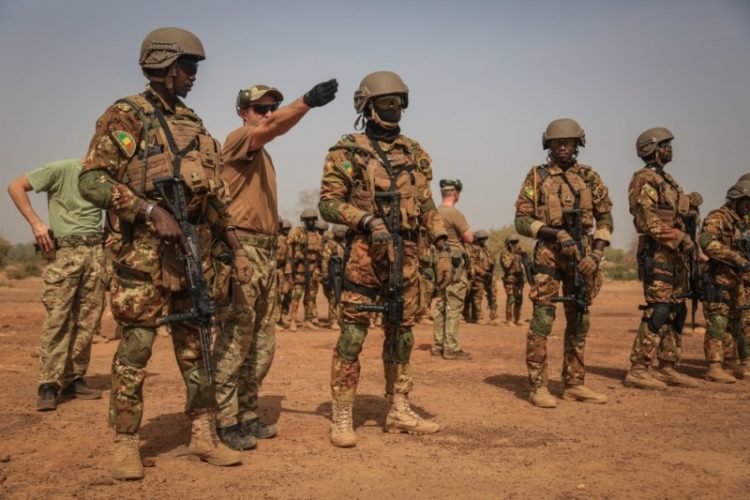Operation Flintlock: American special operators have teamed up with Special Operations Forces from 30 other countries to hone their tactics and intelligence-gathering capabilities in the Sahel region. This exercise, which has been ongoing since 2005, has been designed to bring special operators together so they can talk, communicate and build better cohesion among the units and nations.
This year’s exercise has about 1,600 troops in the Sahel, which has been wracked by violent Islamic extremism in the past several years. The participating countries include among others Mauritania, Burkina Faso, Morocco, Niger, Japan, Canada, France, Germany, the Netherlands, the United Kingdom.
Operation Flintlock is a separate initiative from the French-led counterterrorism force — which Sweden just vowed to join with its Tier 1 SOF unit.
Burkina Faso, the host of the exercise, has been one of the G5 countries (along with Mauritania, Chad, Niger, and Mali) that make up the Sahel region. It is in joint exercises such as these that trust and partnerships are formed. Units can share experiences and better learn from each other. That is the message that was shared last week by Air Force BG. Dagvin Anderson, who said that the ability to share intelligence is vital in today’s world.
“In order to share intelligence, in order to have that you’ve got to build the trust,” Anderson said. “To build trust, you have to create a relationship. So I think that’s ultimately what Flintlock does: it brings people together in order to talk and communicate, to build that relationship that creates trust.”
As with all of these Special Operations Forces exercises, while senior leaders coordinate, the troops on the ground do what they do best: operate in small units working on small unit tactics, battle drills.
This year the U.S. is also planning on conducting an investigation on how to teach partner nations to better develop intelligence.
And intelligence is what separates the United States’ efforts from the rest of the countries involved in the region. France’s Defense Minister Florence Parly said that if the United States did indeed pull their troops out of Africa — something that was hinted at by President Trump and Defense Secretary Mark Esper — the intelligence factor for the units fighting jihadists in the Sahel would suffer.
Esper has said that the U.S. continues to look at troop reductions for Africa, but this may end up being more of a redistribution of assets. The violence in West Africa is opening the door for more Russian and Chinese involvement, something that the Pentagon wants to check.
AFRICOM spokesman Air Force Colonel Chris Karns spoke to the Military Times about Flintlock and the importance of its taking place in the Sahel:
“From a broad security standpoint, the Sahel is a tinderbox of terrorist activity and where violent extremist organizations look to use the space to recruit, adapt and evolve,” he said. “If existing African and international efforts are unable to contain the spread of terrorist groups in the Sahel it certainly presents a looming security challenge beyond the continent.”
Already have an account? Sign In
Two ways to continue to read this article.
Subscribe
$1.99
every 4 weeks
- Unlimited access to all articles
- Support independent journalism
- Ad-free reading experience
Subscribe Now
Recurring Monthly. Cancel Anytime.











COMMENTS